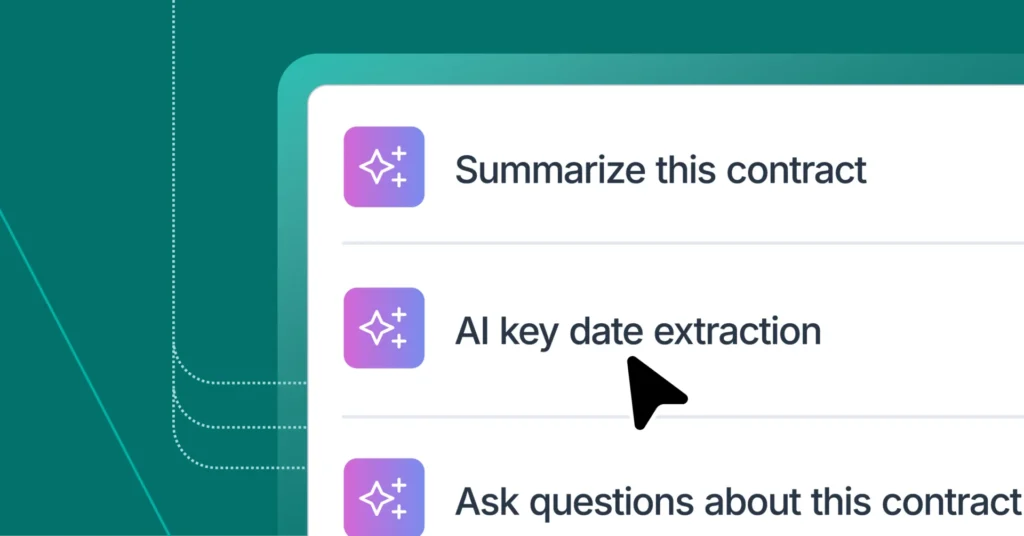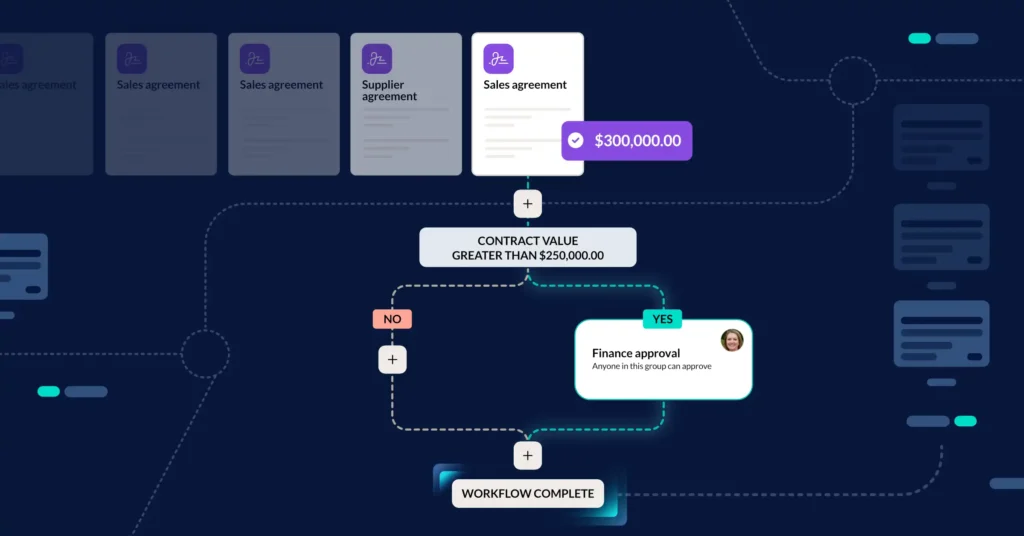How The Pokemon Company International are levelling up their legal automation with Formstack and LawVu

In-house legal teams today face mounting pressure to deliver faster, more efficient legal services without adding headcount. For those on the legal automation journey, real-world success stories offer valuable lessons.
In a recent webinar co-hosted by LawVu and Formstack, Zack Bates, Legal Operations Leader at The Pokémon Company International (TPCi) shared how his team is transforming legal service delivery through automation, data, and scalable solutions. The discussion also featured insights from our very own Ali Meredith, Director of Product Partnerships at LawVu, and Jordan Dimit, Senior Partner Growth Manager at Formstack.
Let’s dive in!
Why legal automation is no longer optional
Every legal team handles contracts – often as their primary operational burden. “Contracts are the one thing that every legal team deals with globally… and it’s a huge bottleneck,” said Meredith. And, at one point in time, TPCi was no exception. Bates commented that, “before LawVu and Formstack, our process was much more manual. Contract requests could come through email, Slack, or a conversation in the hallway. The information we received was inconsistent, requiring follow-ups and creating delays.”
This bottleneck grows when manual, fragmented processes dominate: for example, when requests are tracked through emails, chats, spreadsheets, or hallway conversations. See: What is legal friction?
Transforming chaos into clarity with centralized legal automation
With the implementation of LawVu and Formstack, the TPCi legal team centralized their intake, matter, and contract management, and drastically improved turnaround times.
“Today about 90 percent of all of our NDA requests that we receive from all around the company, which adds up to several hundred or a few thousand a year, are initiated and fulfilled using the contract wizards process, and we’ve been able to cut our end-to-end time down from weeks to just a couple days,” shared Bates.
This wasn’t just a time-saver – it was a paradigm shift.
“LawVu offers business stakeholders a single point of access for all their legal needs, knowing they’ll receive the support they need,” Bates said. “It also ensures they are directed on the right path and connected to the right people.”
Instead of a bottleneck, legal became an enabler. “If you need legal support, just go to LawVu,” Bates recommended. “The system has automation in place that’s going to put you on the right path. It puts you in contact with the right people and you don’t have to keep track of who supports what or what the process is. If you use the system, you’ll be taken care of.”
Scaling legal services without increasing headcount
The shift to legal automation has allowed the TPCi legal team to reduce the need for low-value, repetitive tasks while scaling their services across departments. “With a holistic solution like LawVu, we can now centralize everything and scale up legal service easily, no matter the type of work,” said Bates.
Beyond NDAs, TPCi is applying the same legal automation logic to Master Services Agreements (MSAs) and commercial contracts. Bates said, “it’s early days, but for Master Services Agreements and other commercial contracts, we are already seeing at least a 20 percent reduction in the end-to-end time if the contract wizard is the starting point for the request.”
This has led to a widespread increase in satisfaction with legal service delivery across the organization. “What this has done for our legal team is eliminate hundreds, if not thousands of emails and Slacks – all the little things that really add up over the course of the year,” said Bates. “For business teams, they now have a really easy place to submit requests.”
Legal automation: Start small, think big
According to Meredith, contracts are an ideal entry point for automation. “Automating the generation of standard contracts is a great place to start. It gives quick, easy wins and helps remove low-value work like maintaining Word templates or entering data manually into a spreadsheet.” Formstack’s Dimit added that combining legal automation with intuitive tools is what drives sustainable change: “Formstack handles the document generation, while LawVu orchestrates the full workflow, resulting in a seamless user experience.”
How LawVu works with Formstack
The integration between LawVu and Formstack empowers legal teams to automate contract creation through customizable templates, enhancing efficiency and consistency across the organization.
By leveraging Formstack’s document automation capabilities, LawVu enables the creation of ‘contract wizards’: standardized, self-service contract templates that business stakeholders can use to generate contracts conforming to legal standards. These contracts are automatically created and saved within the LawVu legal workspace, where they can be approved, signed, and stored. This integration streamlines the contract creation process, reduces manual data entry, and ensures that contracts are generated accurately and efficiently. It also allows for the inclusion of conditional logic within templates, enabling dynamic document generation based on user inputs.
Integrating Formstack empowers legal, sales, procurement and other business stakeholders to generate standardized contracts quickly and accurately using pre-approved templates. This not only ensures compliance and consistency across agreements, but also automates the routine aspects of contract creation, significantly reducing manual data entry and the risk of error. As a result, legal departments can free up valuable time to focus on more strategic, high-value work, while business users experience faster contract turnaround times and greater autonomy.
Together, LawVu and Formstack deliver a seamless, user-friendly experience that accelerates business performance and strengthens collaboration across teams.
The road ahead: AI, data, and deeper integration
Looking forward, the TPCi legal team plans to continue expanding legal automation into more nuanced workflows using Formstack’s conditional logic and LawVu’s analytics capabilities. “We’re really investing and continuing to lean heavily into how we can use LawVu and Formstack to automate our contracting processes,” said Bates. “Longer term, we’re focused on data insights, AI, and integration between systems so that legal can operate more strategically.”
Meredith echoed this sentiment: “AI, integration, and insights are the three big levers we’re investing in. Legal teams generate a lot of data. aIf that’s centralized, you can use it to justify resourcing, spot inefficiencies, and deliver greater value.”
Setting up legal automation
TPCi’s experience shows that legal automation is not a distant ideal – it’s an achievable transformation.
By using centralized platforms like LawVu and integrating automated tools like Formstack, in-house legal teams can:
- Eliminate manual work
- Standardize processes
- Improve responsiveness
- Scale service delivery
- Generate actionable insights
Whether you’re at the beginning of your legal automation journey or are already scaling your legal operations, the takeaway is clear: start small, automate the basics, and build from there. As Bates put it, “Nobody loves manual data entry. Legal automation gives us the freedom to focus on the work that really matters.”
To learn more about the LawVu and Formstack integration, click here. Or to see it all in action, click here to book your very own demo.



